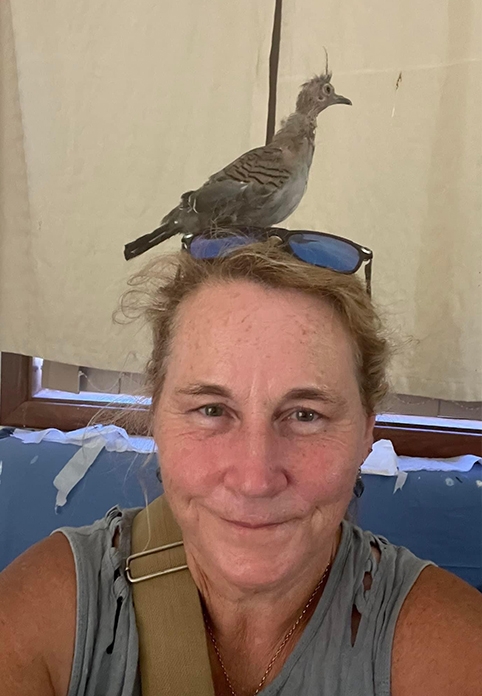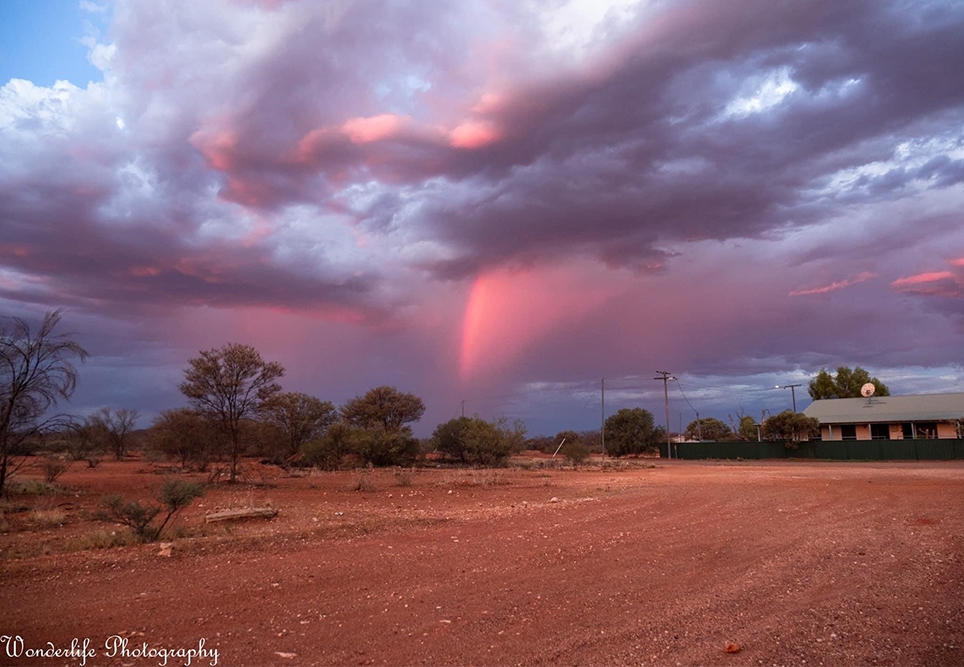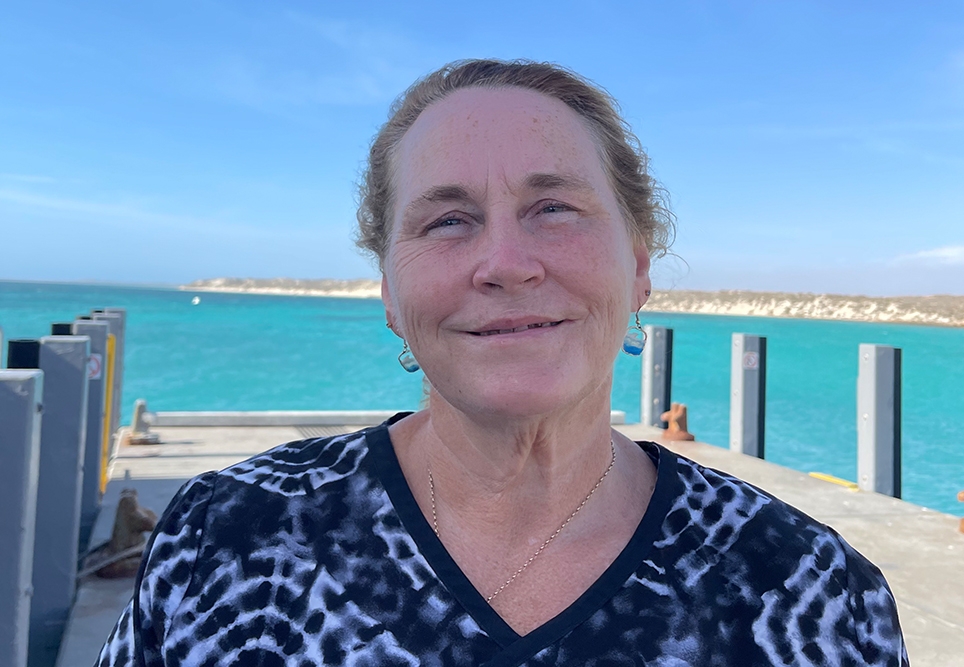This site may not work properly using older versions of Edge and Internet Explorer. You should upgrade your browser to the latest Chrome, Firefox, Edge, Safari, or any other modern browser of your choice. Click here for more information.
Your Stories
This is where we tell your stories, cover topical issues and promote meaningful initiatives.
Making the most of working in remote communities
Registered Nurse/Nurse Practitioner Chris Birch, from the CRANAplus Nursing & Midwifery Roundtable, shares a few tips to help health workers get the most out of working in remote communities.
“First-time remote nurses get ideas from the media which can be misleading,” says Chris.
“Programs may focus on the fun part, going to the pub – but as the on-call nurse, you won’t be able to have a drink. Then there are the programs that focus on assaults and crime and you might get a poor impression, a warped view.”
Working remotely can be a fantastic experience, says Chris, that offers many benefits and opportunities, but too often she takes over from a relief nurse to find he or she has hardly left the nursing post.
“Often locations are so short-staffed you can feel you don’t have time to get out and about. But my advice is to do just that,” she says.
“You may find yourself hitting the ground running, but take the time to orientate yourself. You have got to feel happy. You are on call constantly and you have to top up, and nature can do that for you.”
Chris is now permanently at Coral Bay in WA, which she describes as like a land-based cruise ship, with 150 to 300 locals mainly involved in tourism and up to 5,000 tourists at any one time, plus an Aboriginal community nearby.
Other posts have included Fitzroy Crossing where 98 per cent of the population is Aboriginal, the coastal town of Geraldton, and Eucla, in WA near the SA border on the Nullarbor.
“Be open to making connections in the community,” says Chris, “and be prepared to make lifelong friends in the process.
“I am a keen baker so when I land in a remote community, I whip up muffins and head down to the local police station and introduce myself.”
“That’s my skill, what I can offer. Everyone is different.”
“I recommend you get to know all the members of the community. Visit the school, and get invited to morning teas. I love being part of the small community, picking up rubbish, hanging out with the teachers and police, and trying to be a positive female role model.
“Now here in Coral Bay, I am also involved on a conservation committee, ending up being a wildlife carer.”
Two examples she gives is rescuing a seagull with a fish hook in its mouth and putting a joey who wasn’t walking on the local school bus to reach the vet.
Find yourself a walking buddy, says Chris, who suggests backpackers passing through doing casual work, police officers or another nurse are often the answer.
“Explore the region while you are there,” she says. “You will get to experience and see things that the average tourist doesn’t get a chance to see.
“Ask your clients ‘what is there to see and do?’ Make contact with local Aboriginal Elders, and ask if there are any areas culturally not appropriate to visit. They’ll say ‘don’t go up that hill.’ Maybe they’ll take you out.”
Chris also has tips on the work front.
“No two days are the same,” she says, “and it’s important to make the most of each experience, whether it’s being rushed off your feet or having a day of no visitors at all. That’s the day when you have to keep yourself busy, cleaning, stocktaking and checking out-of-date stock. That can help you work out what the most common and least common situations will be for you.”
“If you like autonomy, you’ll love remote.”
“Sometimes it’s just you and maybe a health worker, or St John ambulance volunteers. And you do what you can with what you’ve got. No bells and whistles and you have to go back to basics,” says Chris.
In terms of skills, Chris advises nurses interested in remote work to do as much training and as many courses as possible.
As a Nurse Practitioner, specialising her Master’s Degree in emergency, Chris can prescribe, diagnose and organise tests, making it easier to provide “good holistic care to every member of the community”.
“I believe you need to have a solid background in emergency care as you are on your own most of the time, and don’t have the support health workers have in regional and urban hospitals,” she says, “and find a mentor, someone who has been remote, who can advise you.”
Listen to Chris on the CRANAcast podcast Episode 4 and learn about her experience dealing with flood conditions and having to airlift a very sick patient from a nearby goldmine by helicopter.



